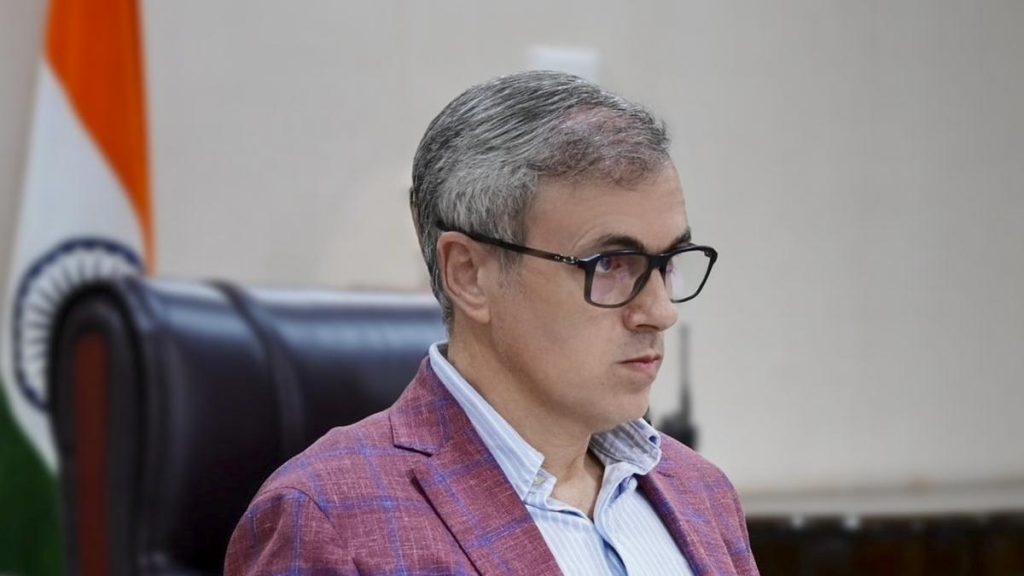Now Reading: J&K High Court: UAPA Applicable to Claims of Illegal Occupation or Calls for Separation from India
-
01
J&K High Court: UAPA Applicable to Claims of Illegal Occupation or Calls for Separation from India
J&K High Court: UAPA Applicable to Claims of Illegal Occupation or Calls for Separation from India
Quick Summary
- The Jammu & Kashmir High Court ruled that advocating secession of J&K, asserting it is “illegally occupied” and must be separated from india, falls under Section 13 of the Unlawful Activities (Prevention) Act (UAPA).
- Section 13 states those inciting, advocating, or abetting unlawful activity may face up to seven years imprisonment and fines.
- A Division Bench of Justices Sanjeev Kumar and Sanjay Parihar ruled against a trial court’s order discharging respondents accused in FIR No. 41/2015 from Bandipora district under UAPA.
- The Division Bench said the lower court’s decision was flawed due to “non-submission of mind” and misinterpretation of the law.
- The charge sheet was restored with instructions for the trial court to frame charges under Section 13 UAPA.
- Earlier, the trial court had claimed slogans raised by respondents did not provoke violence; thus, Section 13 wasn’t applicable. This view was explicitly rejected by the High Court.
Indian Opinion Analysis
The J&K High Court’s ruling underscores the legal boundaries around advocacy that promotes secession or challenges territorial sovereignty within India. By emphasizing Section 13(1) of UAPA alongside witness testimony under CrPC provisions, the judgment highlights how nonviolent slogans can still attract legal consequences if deemed an unlawful activity under existing laws.
Implications for India include reinforcing strict measures on activities interpreted as threats to territorial integrity while balancing freedom of expression concerns within constitutional limits. This judgment may set precedent for future cases addressing separatist rhetoric against India’s sovereignty in sensitive regions like Jammu & Kashmir.
Read more hear.

























